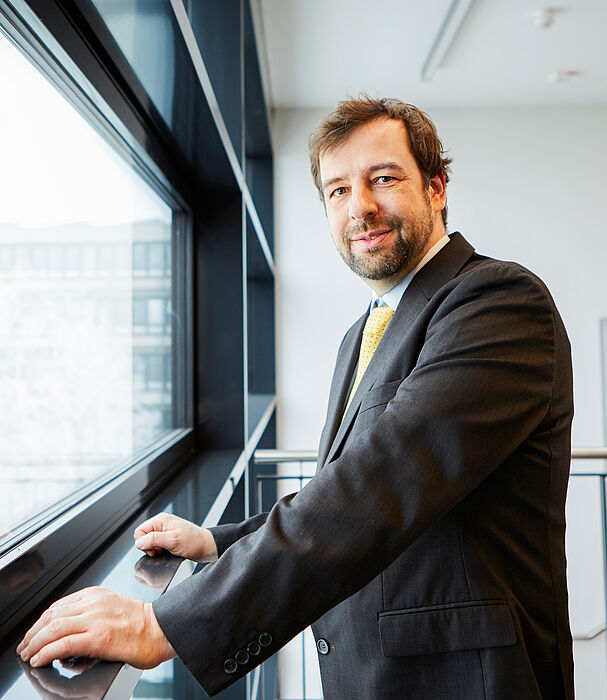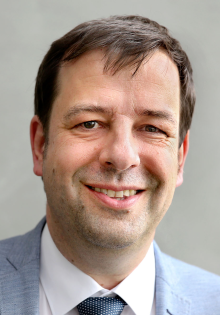Anja Karliczek: “This is key for guaranteeing the quality of German university research, and for setting Germany up as a future-proof location for research and innovation”
Support for National High Performance Computing (Nationales Hochleistungsrechnen, NHR): Eight computing centers funded by the national and state governments have come together to establish the “Verein für Nationales Hochleistungsrechnen – NHR-Verein e.V.” – a high-powered national association for high performance computing. The members hope to build stronger networks amongst themselves and provide computing capacity throughout Germany. Prof. Christian Plessl from Paderborn University is on the board of the new association, which was inaugurated on Monday evening in Berlin.
“Founding this association means the computing centers will be able to combine their competences even better than before, to provide a nationwide IT infrastructure that will give science in general – and high performance computing in particular – a national and international boost,” says Plessl. The association will give researchers access to the computing capacity they need for their work, regardless of their specific locations. In addition, it will provide better training and further education in scientific computation as well as methodological competence for users.
Anja Karliczek, Federal Minister of Education and Research and Acting Chair of the Joint Science Conference (Gemeinsame Wissenschaftskonferenz, GWK), commented on the founding: “Germany needs to be a worldwide leader in the area of high performance computing as well. That means we must allocate computing capacity so that researchers have the best possible foundation for their work, which also offers the greatest benefit for the country as a whole. More and more research questions, for instance those involving climate change, medicine, and materials science, can now only be answered with the help of large computing capacity and intelligent applications. The NHR association will allow researchers to access modern high performance computing infrastructures nationwide, independent of location, using a science-led process. I am confident that researchers from a wide array of disciplines can be introduced to high performance computing in this way, while developing and strengthening their competences in the long term. This is key for guaranteeing the quality of German university research, and for setting Germany up as a future-proof location for research and innovation.”
Paderborn University joined the Association of National High Performance Computing Centers (NHR) at the beginning of the year. “Noctua 2” is the second expansion stage of the 2018 “Noctua” installation, coming in at around 14 million euros. At the end of the year, it will be the first supercomputer to move into the new HPC (High Performance Computing) facility at the Paderborn Center for Parallel Computing (PC2), which is led by Plessl.
Nina Reckendorf, Press, Communiactions and Marketing Office


![[Translate to English:] [Translate to English:]](/fileadmin/_processed_/0/e/csm_NHR-Vereinsgruendung_b364fd66e0.jpg)
